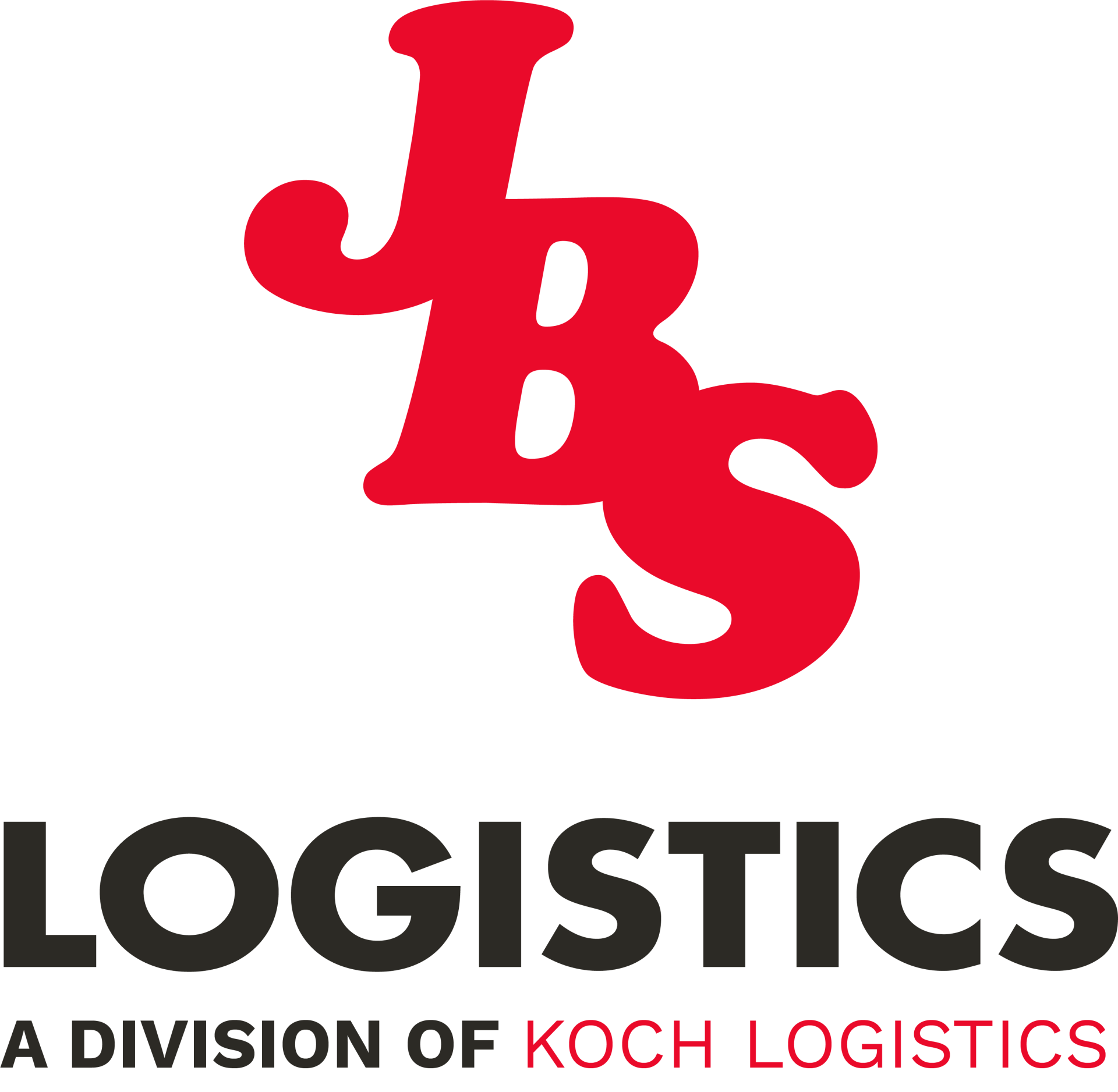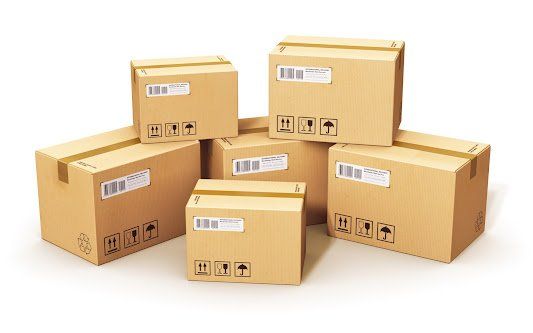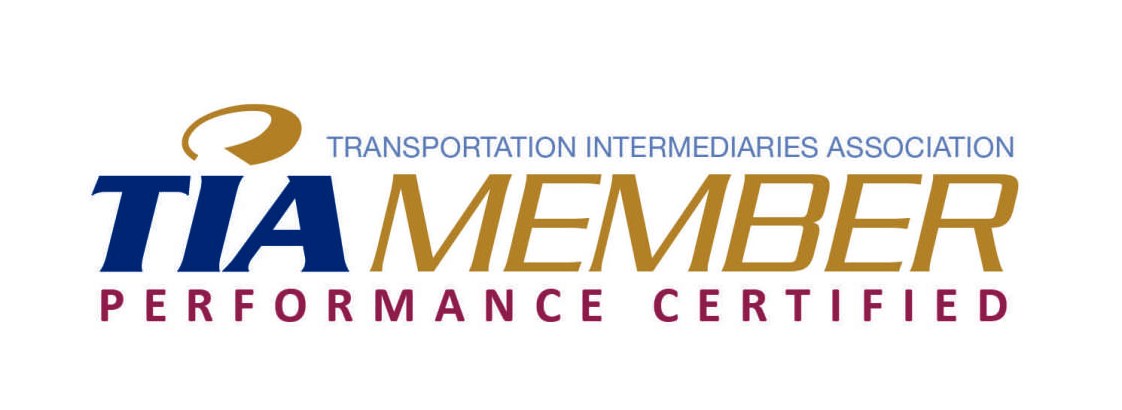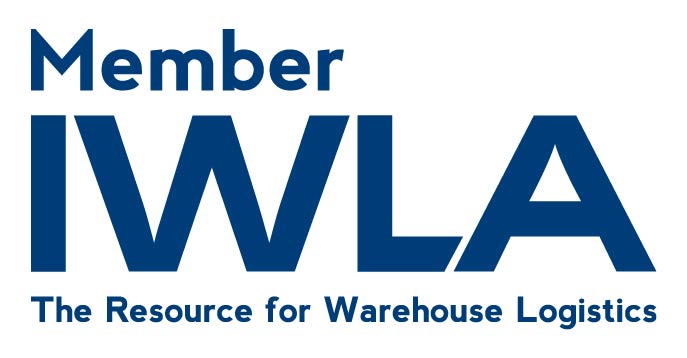JBS LOGISTICS HAS RE-BRANDED AS
KOCH LOGISTICS

This site will re-direct to
www.kochlogistics.com after Jan 1, 2025

Blog Layout
3 Problems Caused By Misclassification of Your Cargo
Admin • March 25, 2020

As an international shipper, you face new challenges that most domestic companies don't have to deal with. You must learn about and comply with the rules and regulations of different countries as well as international border crossings. And one of the most challenging and potentially problematic parts of cross-border shipping is one that many businesses underestimate: misclassification of cargo.
The classification of your goods may seem like a relatively insignificant part of the shipping process. After all, you're just labeling what you send. But doing so incorrectly can create multiple problems. Here are three of the most common negative consequences that come from wrong classifications for customs purposes.
1. Border Delays
Your goods need to get to your business site or to your customers as quickly and efficiently as possible. Any delays cause customer relations issues and may even damage the products — particularly if the items are sensitive, perishable, or fragile.
Incorrect paperwork causes delays because it requires extra documentation, which causes cargo to be checked or confirmed, and because you’ll then need to create new or corrected documentation. In the worst case scenario, your goods could even be rejected by the importing government and not shipped at all.
2. Additional Costs
Different goods traveling into and out of countries are charged different fees and duties. These duties form a vital part of the income that funds border operations. Businesses of all types benefit from efficient and open trade routes. But you don't want to pay more than your fair share of this cost either.
If your goods are not classified correctly, possibly due to a misunderstanding of the internationally accepted HS coding system, you risk paying a higher rate than you need to. This cuts into your profit margin and causes higher prices to your customers.
What if you misclassify something that results in a lower duty? While this may seem like an unexpected benefit to the shipper, it can result in even higher costs due to penalties and additional work by third parties who have to resolve the issue.
Even before your cargo arrives at the border, costs can rise. If the carrier questions the accuracy of your classification and numbers, they may take steps to reweigh and remeasure things — which would result in higher charges or added accessorial fees.
3. Added Scrutiny
No one wants a governmental agency to come in and start snooping through their business transactions. Avoiding red flags during common activities is one of the best ways you can ensure that no agency spends any extra time investigating your records and documentation.
If items are misclassified on your paperwork, what should normally be a routine and efficient process of confirmation and approval could turn into an investigation by border agents and their departments. And that misclassification is based on the expectations and discretion of the receiving country, so you need to understand what will and will not cause red flags to them in particular.
International shipping rules are understandably complicated. And clearly, misclassifying items creates unnecessary risk to your goods and your business. You might see delays, higher costs, and investigation into this and future shipments. What is the best way to avoid these problems? Work with an experienced logistics company who can offer years of expertise and reliable guidance.
At JBS Logistics, we are ready to help. Our trained shipping professionals understand the harmonized codes that govern global trade as well as the requirements of individual nations. Call today to learn what we can do to keep your cargo on the road no matter what it is and where it needs to go.
Main Number: 800-877-3953 | Customer Service: 630-672-7546 | Accounts Payable: 630-672-7542
If are a new carrier and wish to register with us contact us via phone at 1-800-877-3953
2043 Corporate Lane, Naperville, Illinois 60563
Phone Number: 800-877-3953
Customer Service: 630-672-7546
Accounts Payable:
630-672-7542
Headquarters: 2043 Corporate Lane Naperville, Illinois 60563
Content, including images, displayed on this website is protected by copyright laws. Downloading, republication, retransmission or reproduction of content on this website is strictly prohibited.
Website Terms & Conditions •
Privacy Policy













